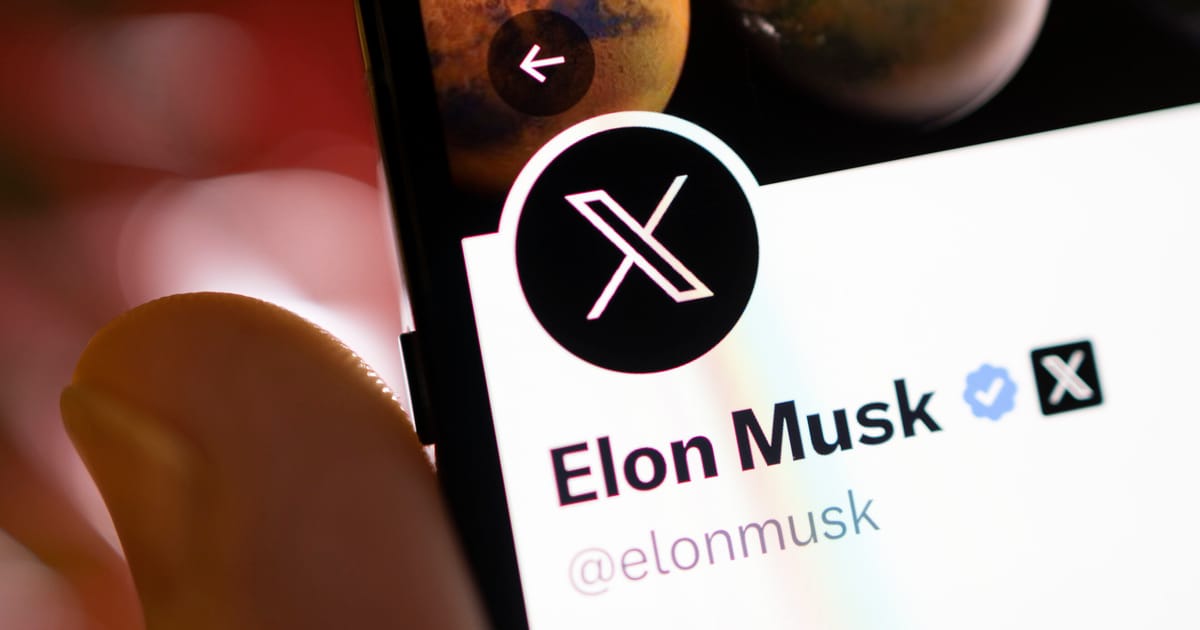- cross-posted to:
- worldnews@lemmy.ml
- cross-posted to:
- worldnews@lemmy.ml
The European Commission has decided to stop advertising on social media platform X, owned by Elon Musk, over “widespread concerns relating to the spread of disinformation,” according to an internal note obtained by POLITICO’s Brussels Playbook.
In a note sent to all heads of service and directors general, the Commission’s Deputy Chief Spokesperson Dana Spinant said disinformation on X, especially in relation to the Israel-Hamas war, had led the institution to “recommend to temporarily suspend advertising on this platform until further notice to avoid risks of reputational damage to the Commission.”
X has been under growing scrutiny in Europe as a result of the bloc’s new content moderation law, the Digital Services Act (DSA). The Commission, which enforces the law, in October sent a formal request for information to the company to explain how its handling of illegal content and disinformation connected to Hamas’ October 7 attack complies with the DSA.



This is the best summary I could come up with:
The European Commission has decided to stop advertising on social media platform X, owned by Elon Musk, over “widespread concerns relating to the spread of disinformation,” according to an internal note obtained by POLITICO’s Brussels Playbook.
X has been under growing scrutiny in Europe as a result of the bloc’s new content moderation law, the Digital Services Act (DSA).
POLITICO reported this month that the institution’s home affairs department had targeted ads in September at groups of X users based on their religious and political beliefs, including users categorized as “anti-Christian” or those interested in Italian leader Giorgia Meloni or Irish nationalist party Sinn Féin.
The advertising campaign aimed at propping up support for the Commission’s controversial proposal for a law that could force social media and messaging platforms to scan all user content for child sexual abuse material (CSAM) — a proposal that critics say would violate privacy and would effectively break encrypted communications.
Spinant’s letter warned services that buying ads which target user profiles based on sensitive personal data would be in breach of the DSA.
“It is essential that our advertising respects scrupulously the spirit and the letter of the rules that we seek to enforce as regulator for very large online platforms,” the official wrote.
The original article contains 396 words, the summary contains 209 words. Saved 47%. I’m a bot and I’m open source!